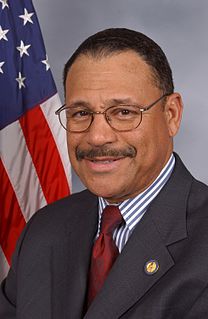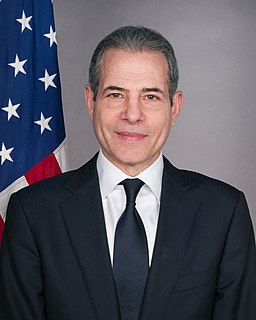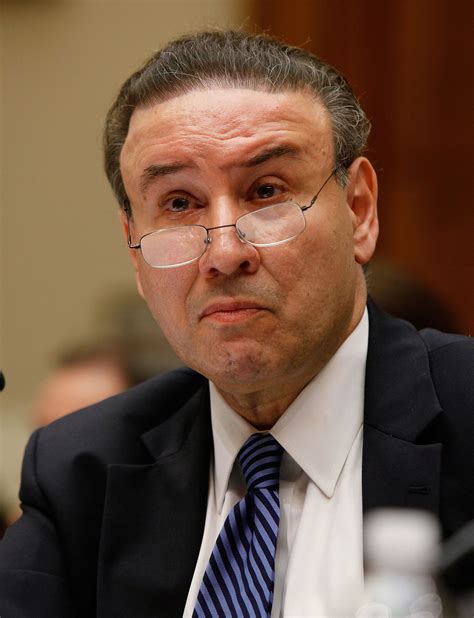A Quote by Al Franken
National security laws must protect national security. But they must also protect the public trust and preserve the ability of an informed electorate to hold its government to account.
Related Quotes
We have a media that goes along with the government by parroting phrases intended to provoke a certain emotional response - for example, "national security." Everyone says "national security" to the point that we now must use the term "national security." But it is not national security that they're concerned with; it is state security. And that's a key distinction.
Public charities, foodbanks and church pantries are doing more than ever before, but they can't keep up with the need. We can never end hunger only through the wonderful work of local charities. Like other Western democracies, we must end our national problem of hunger through national and political leadership. Charity is nice for some things, but not as a way to feed a nation. We don't protect our national security through charity, and we shouldn't protect our families and children that way either.
National security is a really big problem for journalists, because no journalist worth his salt wants to endanger the national security, but the law talks about anyone who endangers the security of the United States is going to go to jail. So, here you are, especially in the Pentagon. Some guy tells you something. He says that's a national security matter. Well, you're supposed to tremble and get scared and it never, almost never means the security of the national government. More likely to mean the security or the personal happiness of the guy who is telling you something.
I hope President [Hamid] Karzai understands that our national security interests don't depend entirely on his decision there whether to allow a recount. Obviously the legitimacy of that government is an important component of it. My point is it shouldn't be the lynch pin for us deciding whether we're going to protect our national security interests in that region.
I'm not interested in embarrassing the United States. We as a nation need to foster a broader understanding of national security, and when in the name of national security the US government both overtly and covertly aligns itself with the apartheid state and against heroic freedom fighters for racial justice ... Not only in 1962 but also keeping in mind that Mandela was on the US terror watch list until 2008, that kind of myopic understanding of national security has devastating consequences.
The government's assertion that it must be unhindered in protecting our security can camouflage the desire to increase Executive power, while the press's cry of the public's right to know can mask a quest for competitive advantage or a hidden animus. Neither the need to protect our security nor the public's right to know is a blank check.
Today is just to the beginning of a long and overdue national discussion on how to protect ourselves from modern cyber crime and evolving national security threats and how to develop the cyber offense strategies necessary to gain a critical security edge in the 21st century. We need the edge, and ideally, a big one.
Law-abiding Americans deserve to know that their government will not secretly tap their phones, read their medical records, access their library accounts or otherwise invade their personal lives, with no oversight or accountability. Law-abiding Americans also deserve to know that when law enforcement can show an impartial judge clear evidence of criminal activity or a threat to national security, swift and decisive action will be taken to protect the public. That is the balance we must achieve.


































